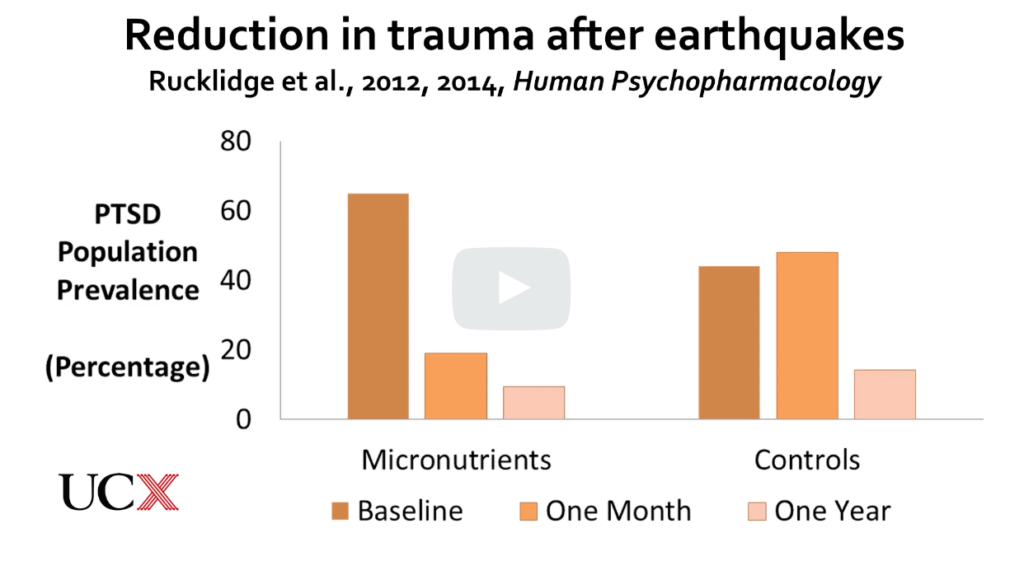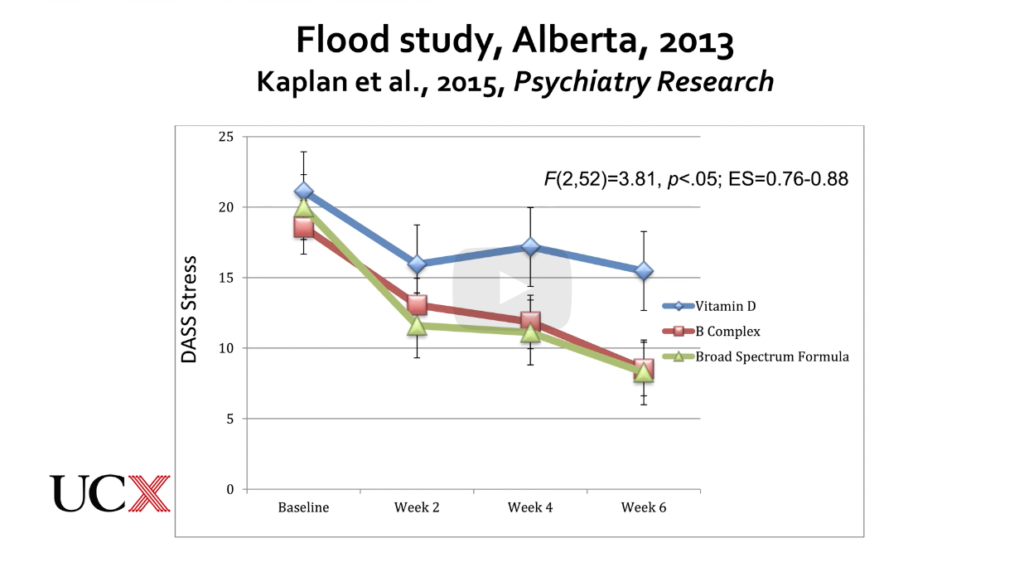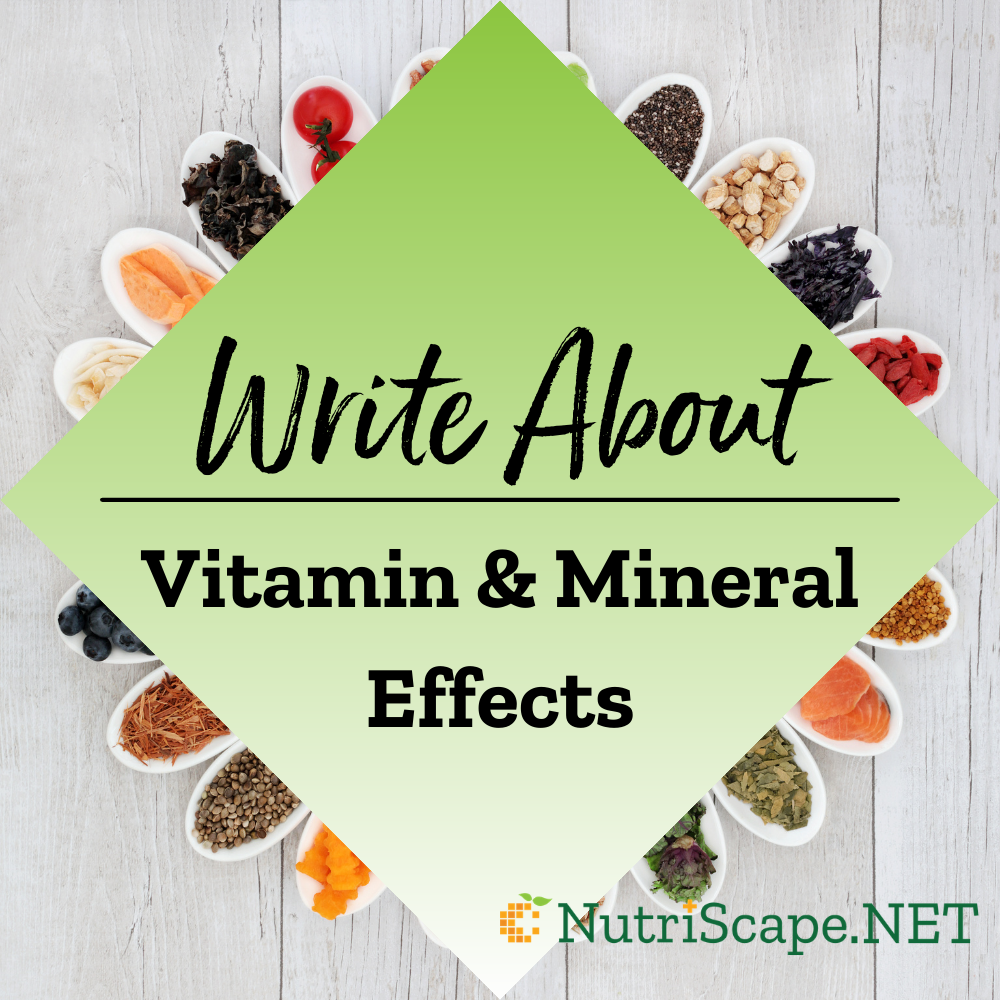We came across this topic some time back and thought it would be good inspiration for a NutriScape.NET article written from the dietitian’s point of view. Here are some quick snippets you can follow.

The Alberta Flood Study

I was then involved in a study conducted in Calgary, Alberta following a floodin 2013, and these benefits of micronutrients were replicated in a similar stress-induced situation.
Shootings
Both the B complex and the broad spectrum micronutrients again resulted in significantand much larger improvements in measures of depression, anxiety and stress, comparedto a very modest improvement following Vitamin D supplementation.The post-flood results demonstrate the foundational importance of having awell-nourished brain to be resilient to even momentary stresses.

The post-flood results demonstrate the foundational importance of having awell-nourished brain to be resilient to even momentary stresses. Then, shockingly, in 2019, agunman walked into two mosques in Christchurch and killed 51 people, while wounding 40 others.
Once again, our city and its people were dealing with huge trauma. As an applicationof translational science, we offered donated nutrients to anyone who was a survivor of theshooting, and monitored their symptoms, as both an ethical and standard action for good clinical care.
Within weeks we were clinically monitoring 26 people and we saw the exact same treatment effectthat we had seen after the earthquakes and the flood. Not everyone, but many people got
better. Before starting the treatment, 77 percent of those original 26 people we monitored, met or exceeded acut-off score defining probable PTSD. After an average of five weeks, this rate dropped to 23 percent.
In other words, of all the people who likely had PTSD, 70 percent of them were in remission after abouta month of micronutrient treatment. These three different examples of traumatic events illustratethe powerful effect nutrients can have, in recovery and improving resilience. Could these results applyto challenges associated with climate change and pandemics? I think so. Anything that can improve ourresilience to coping with ongoing stressful events, has to be a good thing to know about.
Johnstone, J., Hughes, A., Goldenberg, J. Z., Romijn, A. R., & Rucklidge, J. J. (2020). “Multinutrients for the Treatment of Psychiatric Symptoms in Clinical Samples: A Systematic Review and Meta-Analysis of Randomized Controlled Trials“. Nutrients, 12(11). https://doi.org/10.3390/nu12113394
Planning And Writing Your Article- With 1 Free CEU!
Although all dietitians are well-versed in academic writing, it can be a challenge to organize our vast knowledge in a way that hits the right chord for readers on the web. Before you sit down to write your epic article, save yourself some time by investing an hour in learning the basics of a solid writing process that can help you create your very best work.
We’ve scoured the internet for the best practices on writing and distilled the information to meet the needs of NutriScape writers. In our 1-hour CEU presentation, “Copywriting Skills for the Internet”, we discuss a structured process for each phase of writing and cover critical SEO principles that are key to getting articles found on Google.
This writer’s guide is a resource that will be sure to help as you organize your thoughts:

 Scan Me!
Scan Me!
